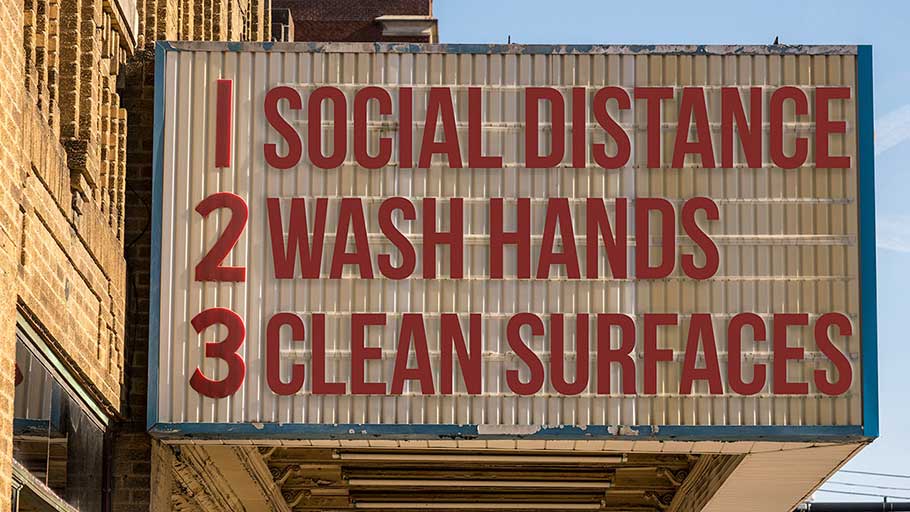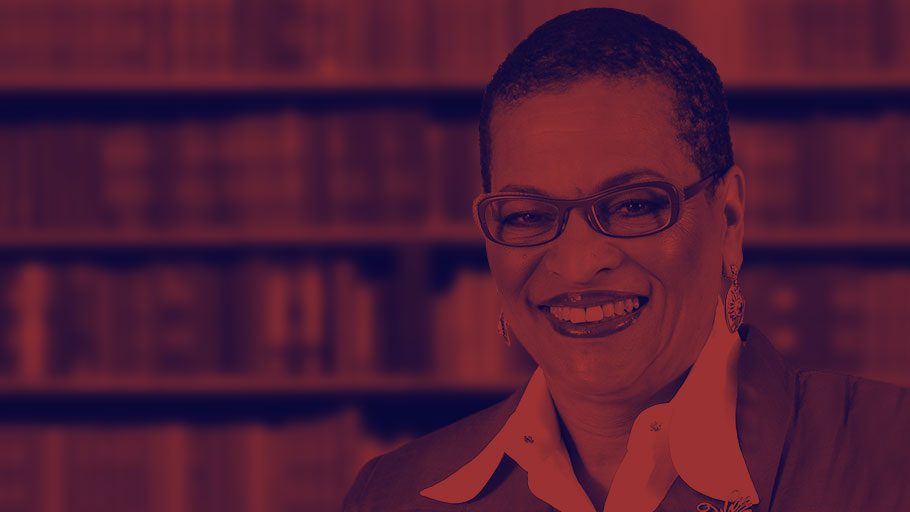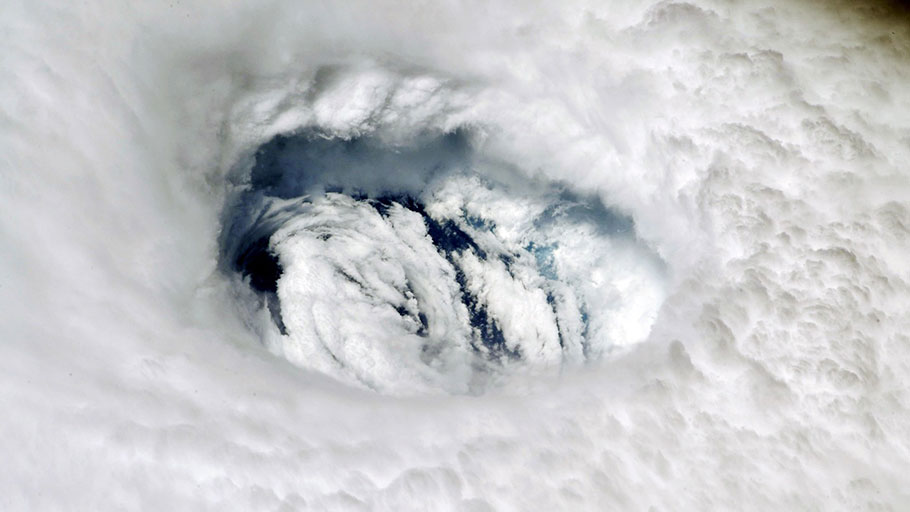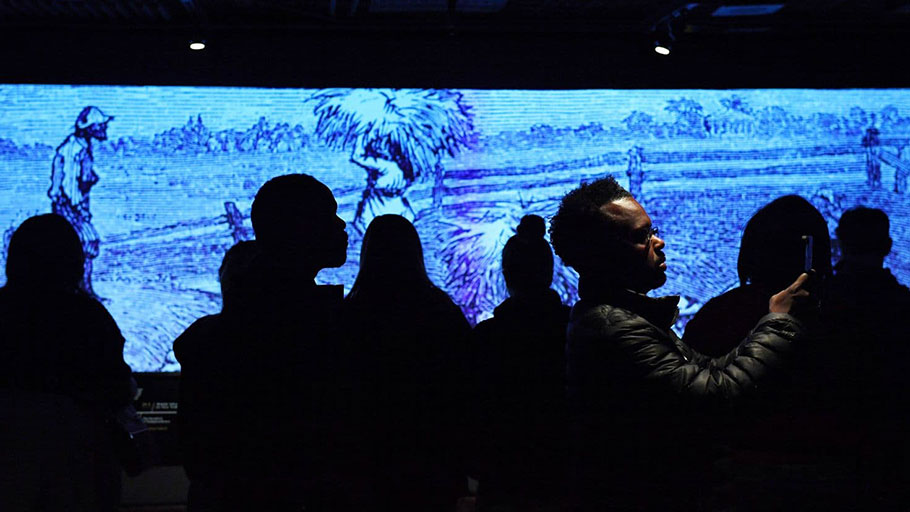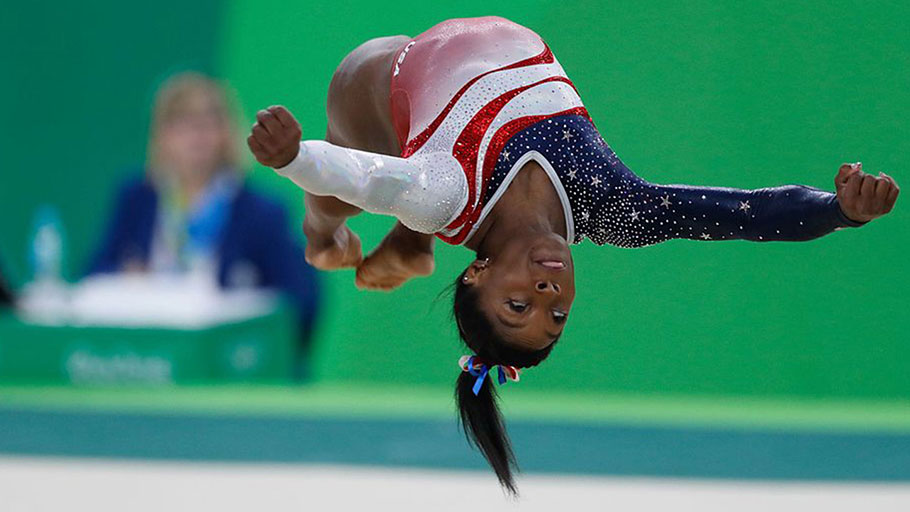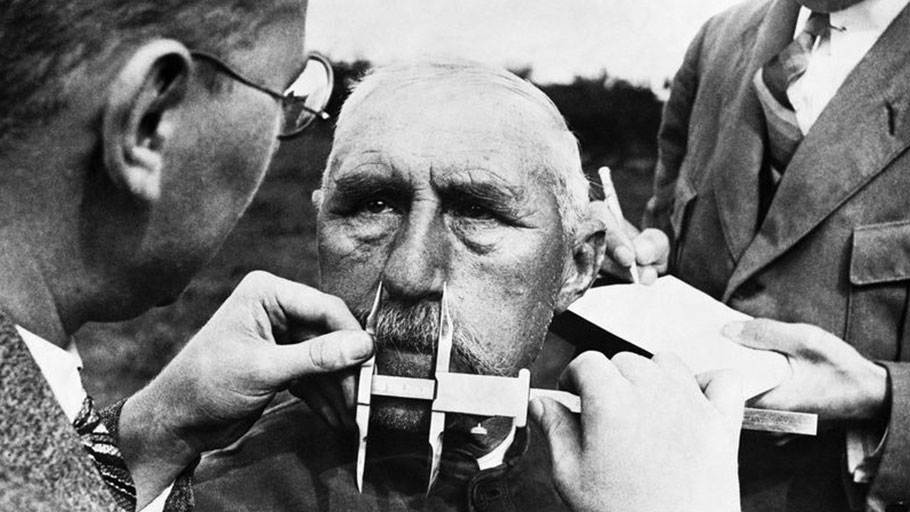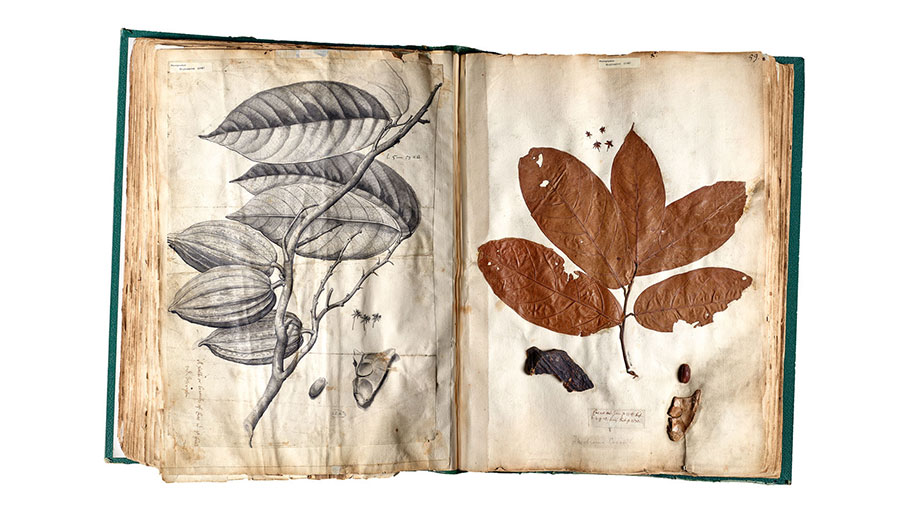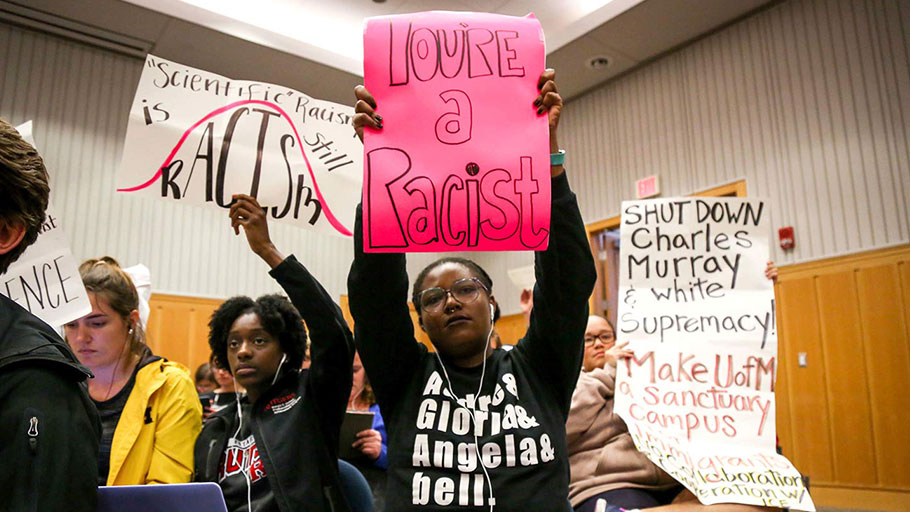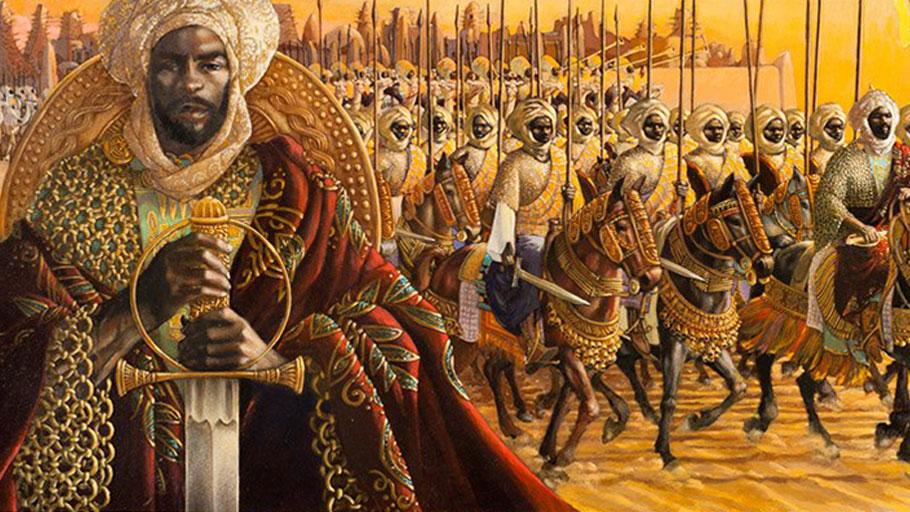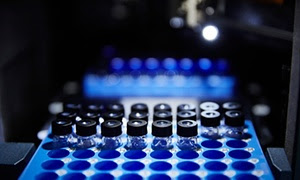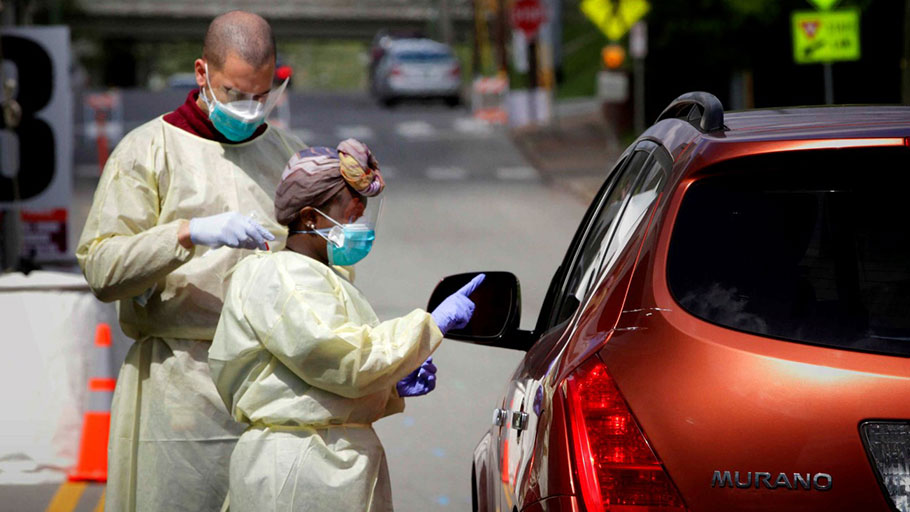
Meharry Medical College President James Hildreth has been advocating for advanced or pre-emptive screening in black neighborhoods for weeks. By Curtis Bunn, NBC News — Meharry Medical College was founded in 1876 in Nashville, Tennessee, to teach medicine to former enslaved Africans and to serve the underserved. Now, in one of its laboratories, a scientist says he is two weeks away from testing an anti-virus to prevent COVID-19, the disease…

